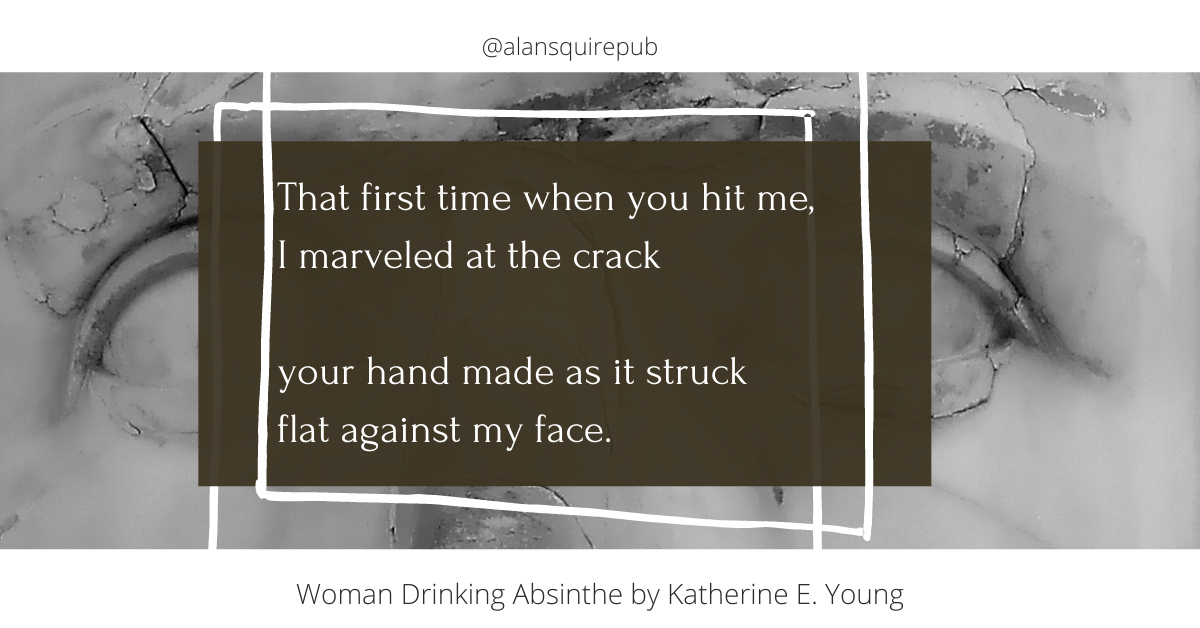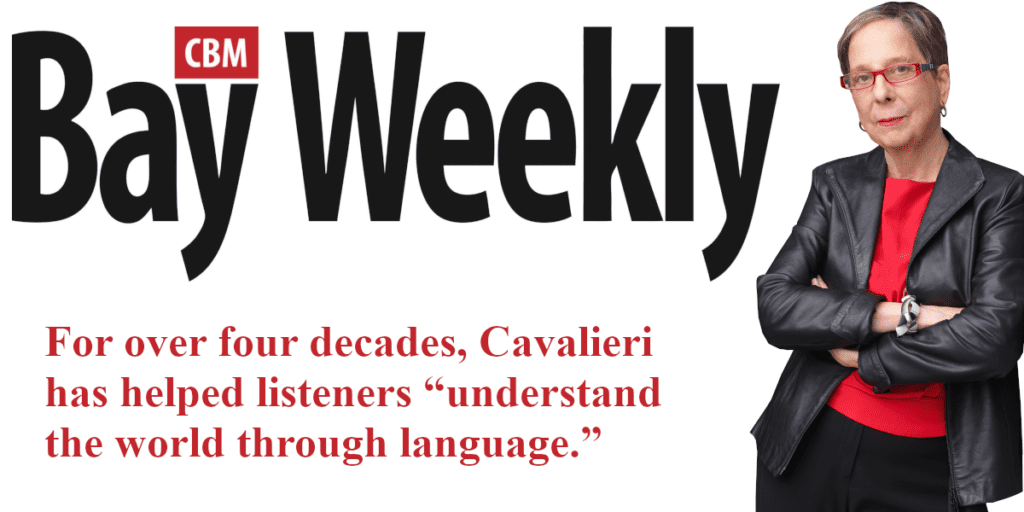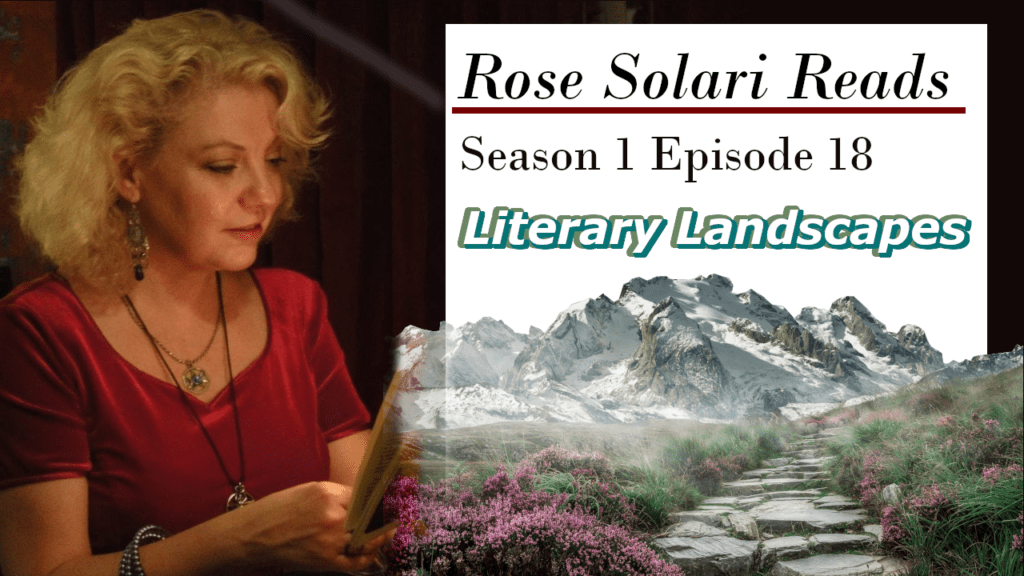WOMAN DRINKING ABSINTHE Analyzed by Billy Mills
Former Guardian Literary Journalist, Billy Mills, analyzes the conception of love in Katherine E. Young's new collection.

"Young’s core subject is love, but there’s nothing redemptive or particularly healing about its manifestations," writes Billy Mills in his analysis of Young's Woman Drinking Absinthe. Elsewhere he compares the different manifestations of this theme to coeval poets Christopher Jane Corkery and James Roome.
Mills analysis is fitting for Young's work which comes from a deeply literary place and is steeped in evocative allusion. Mills places WDA alongside the likes of Pound and Eliot in his thinking. Like these poets, Young uses unorthodox and historically informed forms and diction in her poetry.
An excerpt of Mills' analysis follows:
"The fourth (of five) sections of Katherine E. Young’s Woman Drinking Absinthe is a single sequence, ‘Place of Peace’ that takes off from a visit to the Civil War memorial at Shiloh National Military Park. The fourth section of the sequence opens with he line ‘Who doesn’t desire to be mesmerized by love?’ and ends ‘once more I fear the shadow of his hand.’ These lines could be said to serve as the twin poles of the entire collection.
For Young’s core subject is love, but there’s nothing redemptive or particularly healing about its manifestations."
The poems in Katherine E. Young’s Woman Drinking Absinthe concern themselves with transgressions. Lust, betrayal, guilt, redemption: Young employs fairy tales, opera, Impressionism, Japonisme, Euclidean geometry, Greek tragedy, wine, figs, and a little black magic to weave a tapestry that’s as old as the hills and as fresh as today’s headlines.
Grace Cavalieri Featured in New Article, “Making Sense of the World through Poetry”
Grace Cavalieri launches a new podcast in deeply uncertain times. The Bay Weekly covers her story in this short article.
Rose Solari Tackles Frost, Coste Lewis, and Imaginary Landscapes in New Rose Reads
Rose Solari’s style continues to evolve as she tackles more difficult poetic concepts. Hear her speak to poetry and song as “gifts,” detail Coleridge’s writing from a sick bed, remark on Frost’s famous “Directive”, and reminisce on Smokey Robinson in this new episode of Rose Reads.
Grace Cavalieri’s “The Poet and The Poem” Receives Grant From MD Humanities
MD Poet Laureate Grace Cavalieri recieves a grant from Maryland Humanities for her long-running radio program and podcast, The Poet and The Poem.


